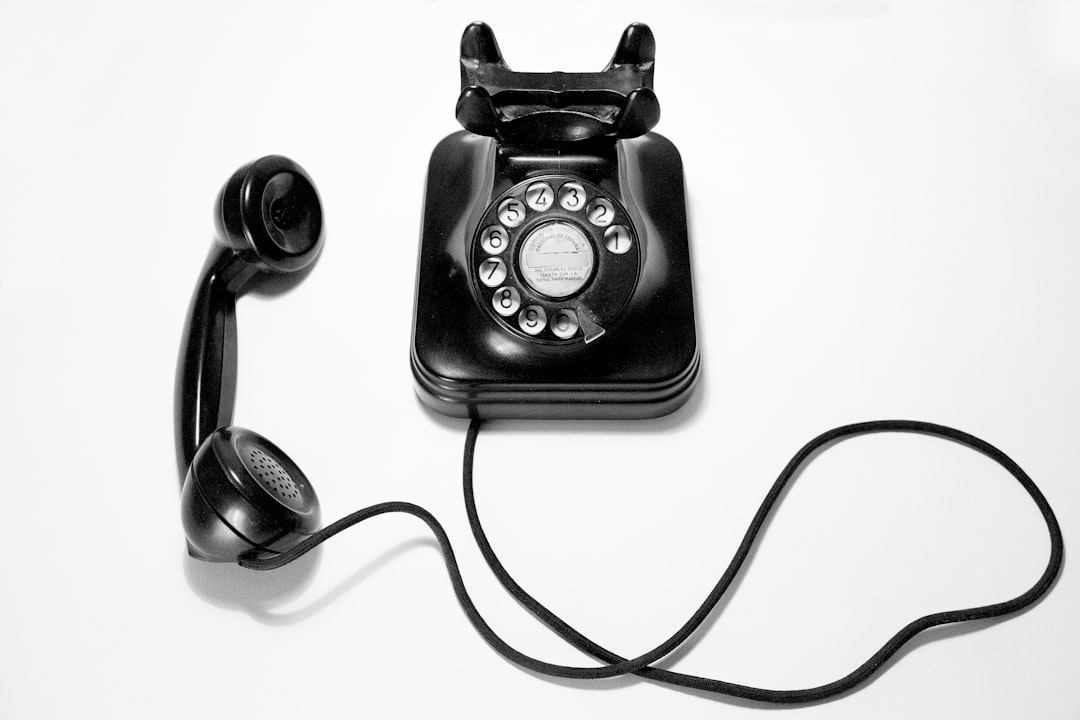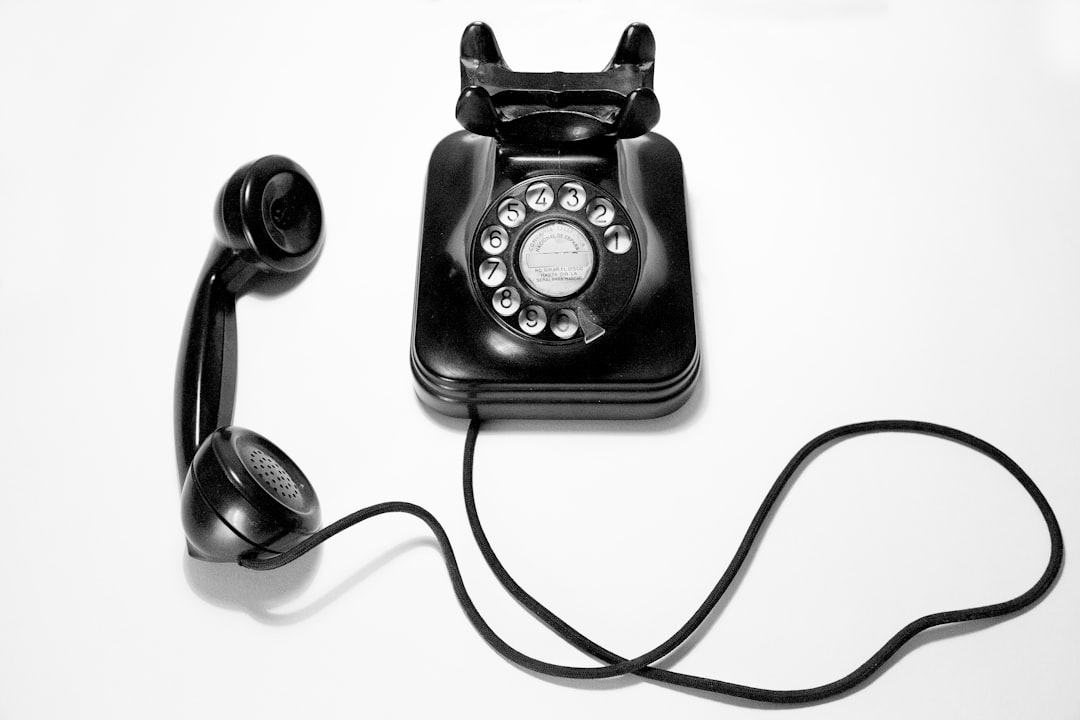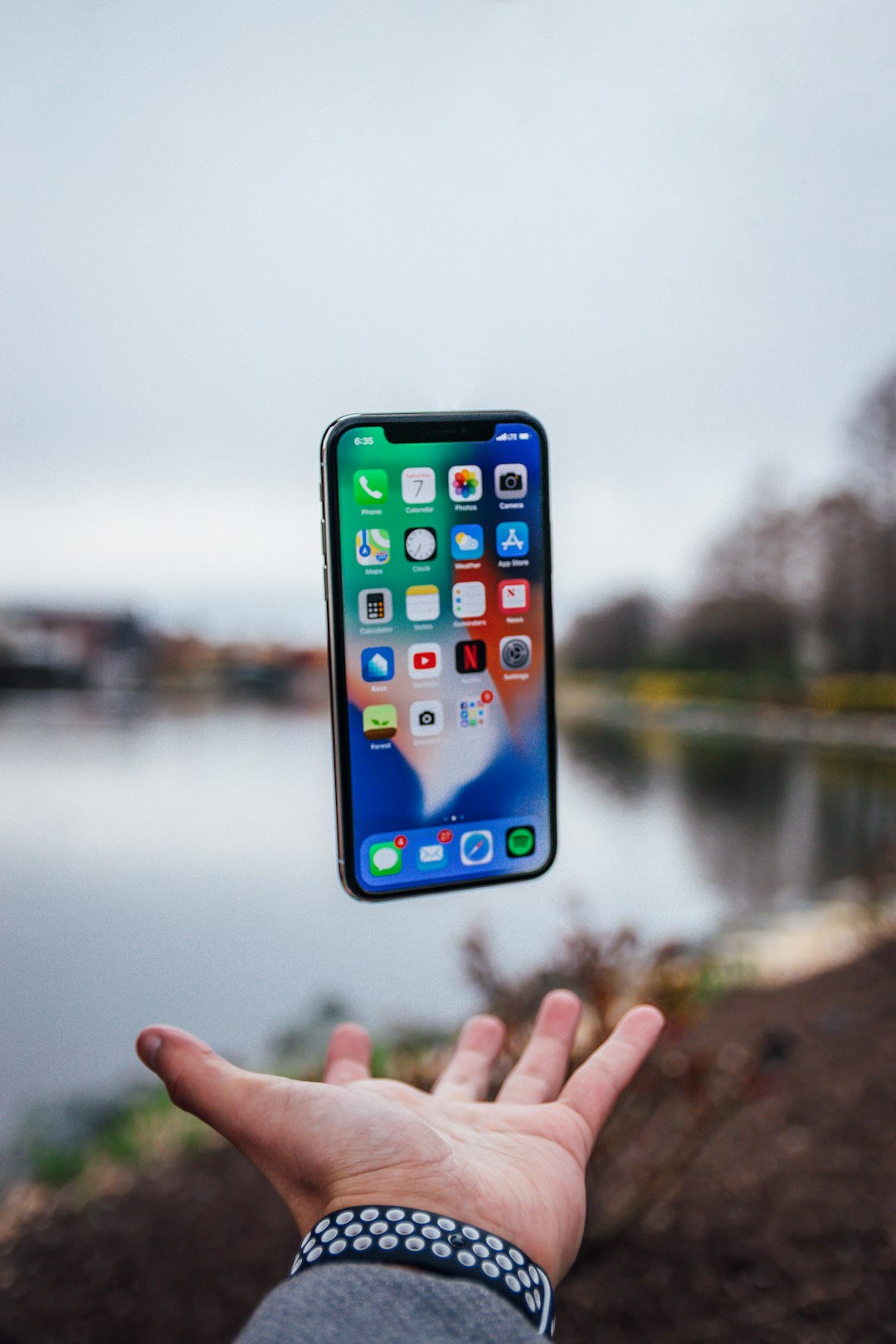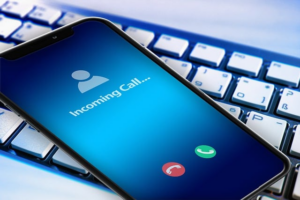Predictive dialers automate and optimize phone marketing across industries, including Utah law firms, by analyzing data for peak client engagement. However, their implementation faces legal hurdles, notably in Utah where the Telephone Consumer Protection Act (TCPA) and Legal Remedies Act govern autodialer use strictly to prevent consumer harassment and protect privacy. Law firms using predictive dialers must ensure prior consent, minimize excessive dialing, and respect do-not-call lists to avoid severe fines and maintain a positive reputation under Utah's autodialer law firms framework. Customization based on local legal mandates and consumer behavior is key to effective compliance and customer retention in diverse markets.
In the digital age, companies increasingly rely on predictive dialers to enhance customer engagement via phone calls. However, navigating the legal implications of this technology across different markets can be complex. This article explores the legal landscape surrounding predictive dialers, focusing on regulations in various jurisdictions, consumer protection laws, and best practices for compliance. Understanding when predictive dialing crosses the line is crucial, particularly for Utah-based law firms advising businesses on their use.
Understanding Predictive Dialers: A Tool for Efficient Customer Engagement

Predictive dialers are automated telephone systems that revolutionize customer engagement for businesses across various industries, including law firms in Utah. This technology uses algorithms to predict and optimize call outcomes by determining the best time to connect with potential clients or customers. By analyzing historical data and patterns, predictive dialers intelligently route calls, ensuring that agents reach the right contacts during their most receptive periods. This efficiency gain is significant, especially for legal practices handling a high volume of initial client inquiries.
These autodialer systems offer numerous advantages, such as improved call management, enhanced agent productivity, and better customer experience. They can automate many aspects of the cold-calling process, allowing law firms to focus their resources on more complex tasks. However, with great power comes legal responsibility, particularly when dealing with privacy and consumer protection regulations, which vary across different markets. Understanding these implications is crucial for Utah law firms aiming to leverage predictive dialer technology effectively while adhering to legal boundaries.
Legal Landscape: Regulations Governing Autodialer Use in Various Jurisdictions

The legal landscape surrounding the use of predictive dialers, also known as autodialers, varies significantly across different markets. This technology, which allows businesses to automate phone calls and reach a broader customer base, is governed by stringent regulations designed to protect consumers from unwanted or invasive communications. In the United States, for instance, the Telephone Consumer Protection Act (TCPA) sets forth clear guidelines on how companies can use autodialers. The TCPA prohibits automated dialers from making calls to telephone numbers listed on the National Do Not Call Registry and requires prior explicit consent for marketing purposes.
In Utah, among other states, law firms and businesses must adhere to specific autodialer laws to ensure compliance. The Utah Legal Remedies Act further complements federal regulations by providing additional protections for residents against intrusive phone marketing. Companies found to be in violation of these rules may face substantial fines and legal repercussions. Understanding the intricate web of autodialer laws across different jurisdictions is essential for businesses engaging in customer outreach via phone calls, as non-compliance can result in costly lawsuits and damage to their reputation.
Unlawful Practices: When Does Predictive Dialing Cross the Line?

Predictive dialers, while designed to enhance sales and customer service efficiency, can inadvertently lead to unlawful practices if not used responsibly. In many jurisdictions, including Utah, there are strict regulations in place to protect consumers from aggressive or nuisance calls. Automated dialing systems must adhere to these laws to avoid legal repercussions.
Companies using autodialers for phone marketing campaigns should be vigilant about compliance. Unlawful practices may include making calls without the recipient’s prior consent, known as “solicitation without permission.” Additionally, excessive or frequent dialing, often referred to as “call flooding,” can constitute harassment under Utah’s autodialer law firms regulations. Understanding and respecting consumer privacy rights is essential to ensuring fair business practices in the phone call marketing space.
Consumer Protection Laws and Their Impact on Company Compliance

Consumer Protection Laws play a pivotal role in regulating the practices of companies engaging in phone marketing, including those utilizing predictive dialers. These laws are designed to safeguard consumers from intrusive and deceptive marketing tactics, ensuring fairness and transparency in business-consumer interactions. In the context of autodialer law firms in Utah or elsewhere, businesses must adhere to strict guidelines regarding consent, do-not-call lists, and the frequency of calls. Non-compliance can lead to significant legal repercussions, including fines and damage to the company’s reputation.
The impact of these laws is profound, as they compel companies to obtain explicit consent before initiating automated phone calls, ensuring consumers have control over their communication preferences. Moreover, consumer protection agencies actively monitor and enforce these regulations, providing a safety net for individuals who may face harassment or mislead marketing practices. Understanding and adhering to the autodialer law requirements are essential steps for businesses aiming to maintain ethical standards and avoid potential legal disputes.
Best Practices for Companies Using Predictive Dialers Across Different Markets

When utilizing predictive dialers across different markets, companies must adhere to strict legal guidelines and best practices to ensure compliance and maintain customer relationships. One key practice is obtaining explicit consent from callers before initiating automated phone calls, respecting privacy laws such as those enforced by the Telephone Consumer Protection Act (TCPA) in the United States or similar regulations globally. Companies should also implement robust data security measures to protect caller information. Transparency is another critical aspect; companies must clearly communicate the purpose and opt-out options for automated calls to build trust with customers.
Additionally, customizing predictive dialer strategies for each market is essential. This involves understanding local consumer behavior, preferences, and legal requirements. For instance, call scheduling and frequency may vary across regions, necessitating a flexible and adaptable approach. Engaging with local legal experts in Utah or other target markets can provide valuable insights into the autodialer law firms operating within those jurisdictions, ensuring companies stay ahead of evolving regulations while maintaining effective customer engagement strategies.






